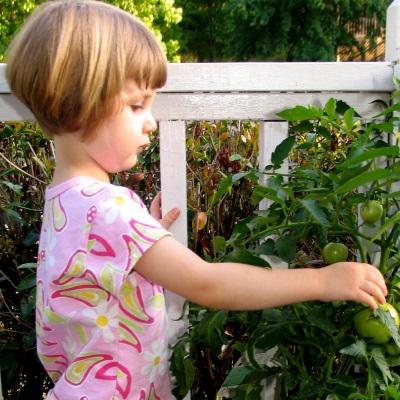 Preschool educators have an excellent opportunity to help prevent childhood obesity. Children ages three to five are excited to learn and in a group environment are more likely to try new things.
Preschool educators have an excellent opportunity to help prevent childhood obesity. Children ages three to five are excited to learn and in a group environment are more likely to try new things.
The role of preschools in encouraging healthy eating is increasing as parents and caregivers experience tighter time constraints. In a competitive world, women and men work long hours and often on little sleep, especially if they are woken up at night by young children. Just trying to think of a healthy meal is exhausting, so understandably, meals often are from fast food establishments or pre-packaged and often highly processed.
Here are some suggestions to make to your child’s preschool:
What if parents and caregivers picked up children at preschool and were presented with a healthy snack prepared during the program? A small cup of raw, sliced carrots and hummus or a serving of fruit salad with a spoonful of yogurt might raise the adult’s energy level and provide a good introduction to the question “So what did you do today?â€
For young children, learning to recognize what is a fruit or vegetable might be a first step towards healthy eating. During circle time, try introducing a common vegetable such as a carrot and pass a few around the group. What color is it? What does it smell like? Here is a sample of cooked carrots and here is a sample of raw carrots. How do they taste? What can you make with carrots? This process can be repeated with apples. Admittedly this idea might seem simplistic but in the rush to prepare food, many children have not been given the opportunity to really look at common fruits and vegetables in their original state. Carrots are small squares served with other frozen vegetables and apples are found in applesauce, preferably with sugar.
Later, let children help make something using the discussed fruit or vegetable. A salad with grated carrot, grated apple, a few raisins, and orange juice for dressing, is delicious and could be a treat to be enjoyed at snack time. Having a printout of the recipe for the children to take home will help encourage the adults to make the salad another time.
What kind of beverage should a preschooler drink? With young children growing so quickly, it is recommended that preschoolers have little or no sugary drinks because of the empty calories and high sugar content. Also, fruit beverages should be 100% fruit juices, not fruit cocktails, and preferably only about six ounces per day. Milk and water should be the beverages preschoolers choose most often. A frozen ice cube of fruit juice in a water glass might be a nice treat.
Preschools do a good job of encouraging children to play and stay active. A walk through the neighborhood is a great way to learn about their environment and be outside. Maybe it’s possible to visit a farmer’s market or community garden. What a great way to learn more about where fruits and vegetables come from.
Preschools can play an important role in helping to prevent childhood obesity. Eat fruits and veggies, yum!










